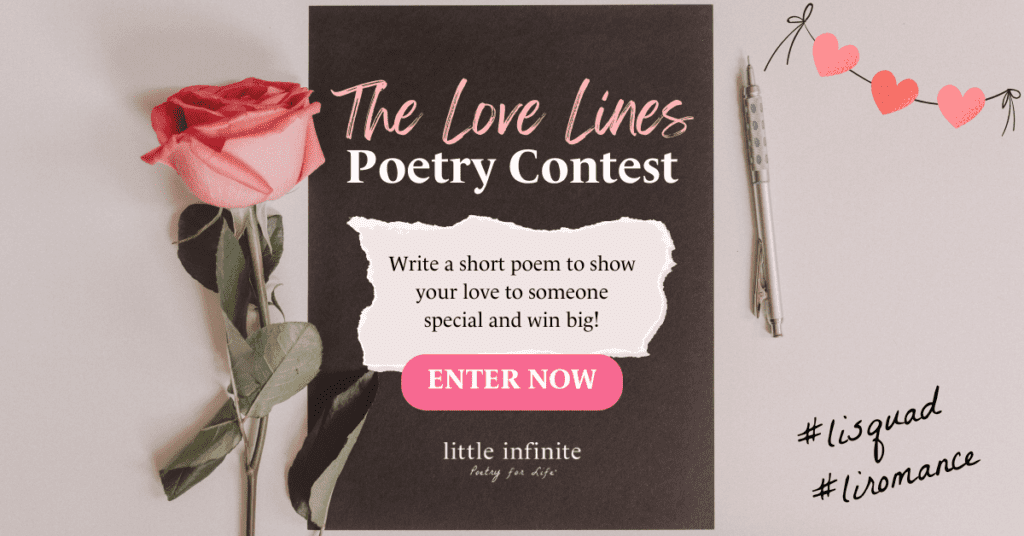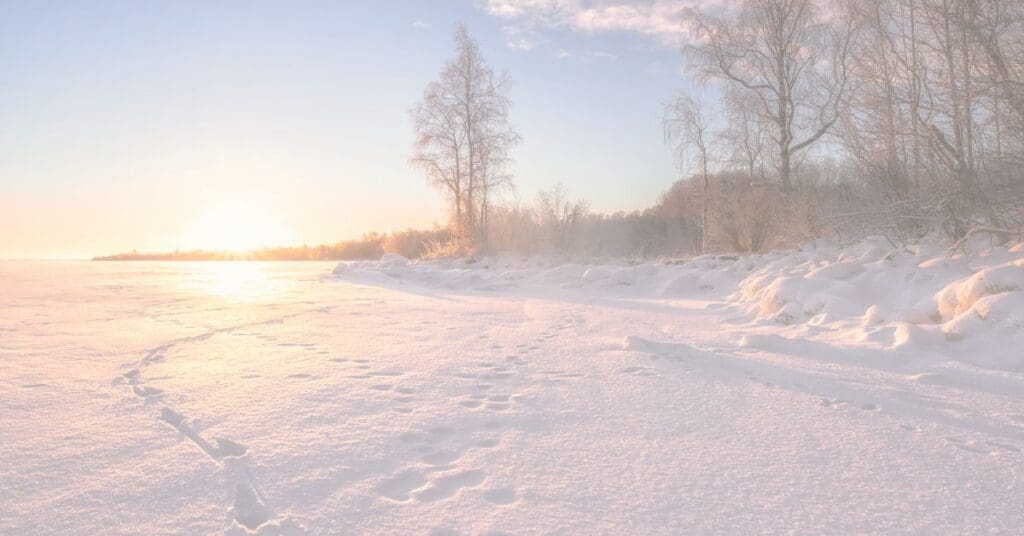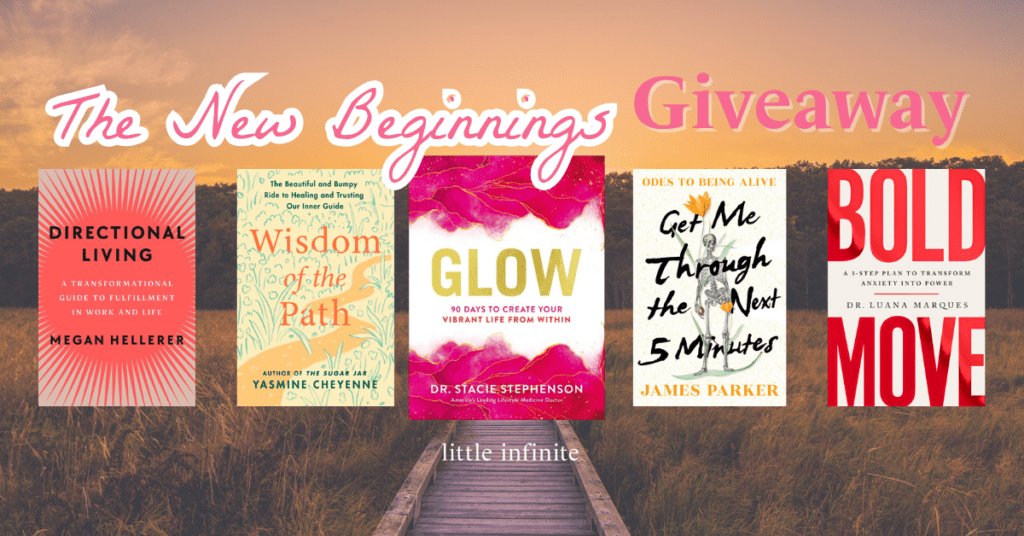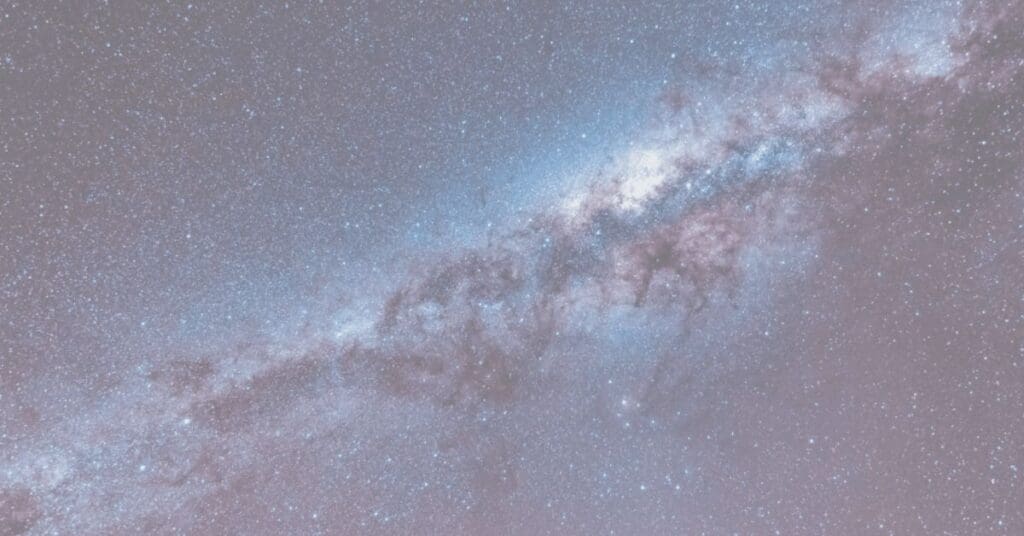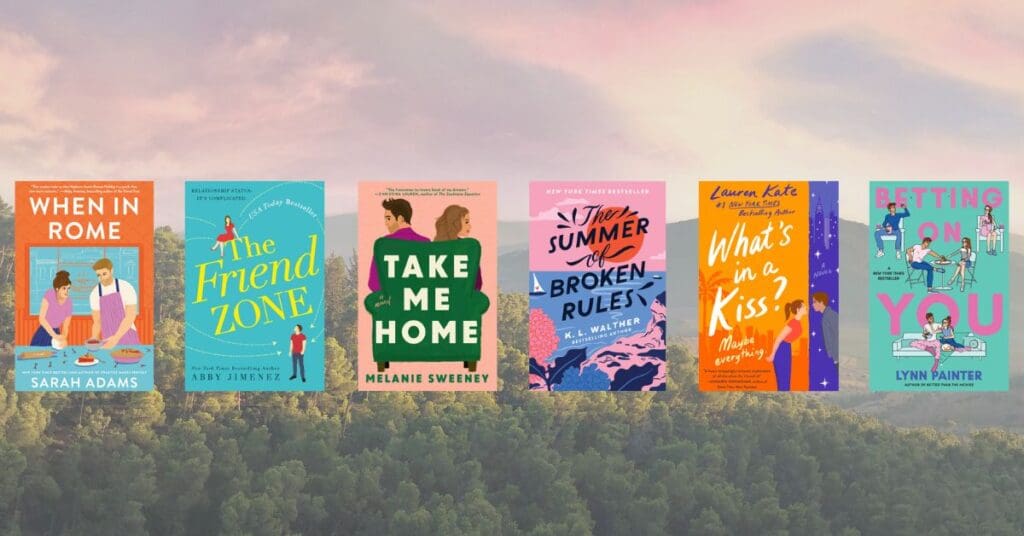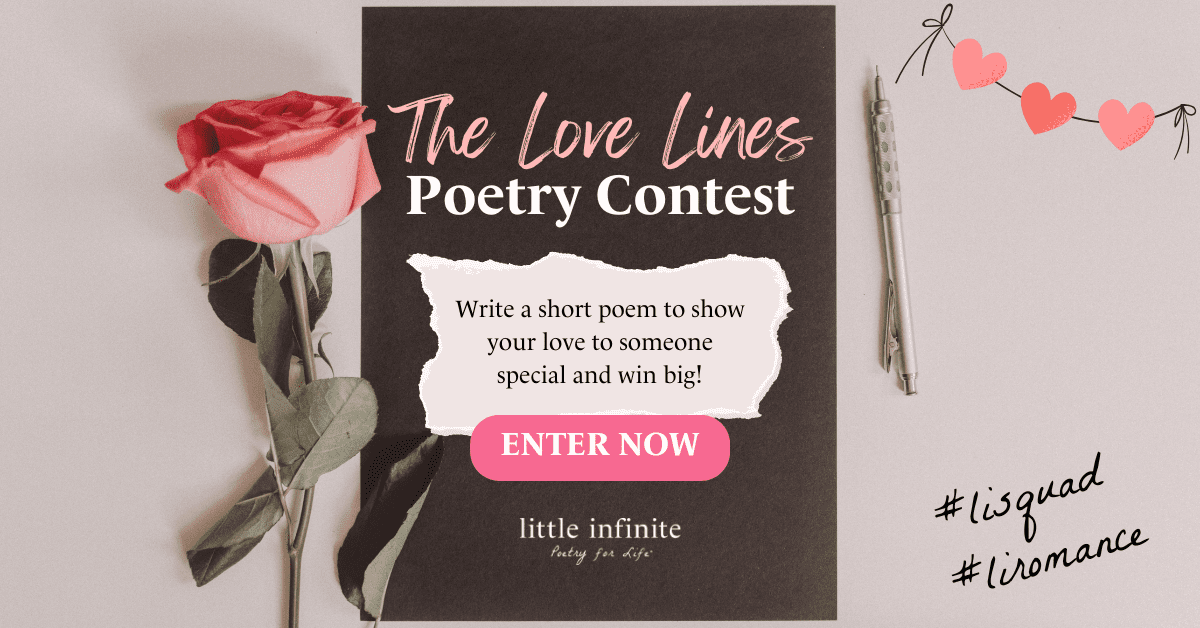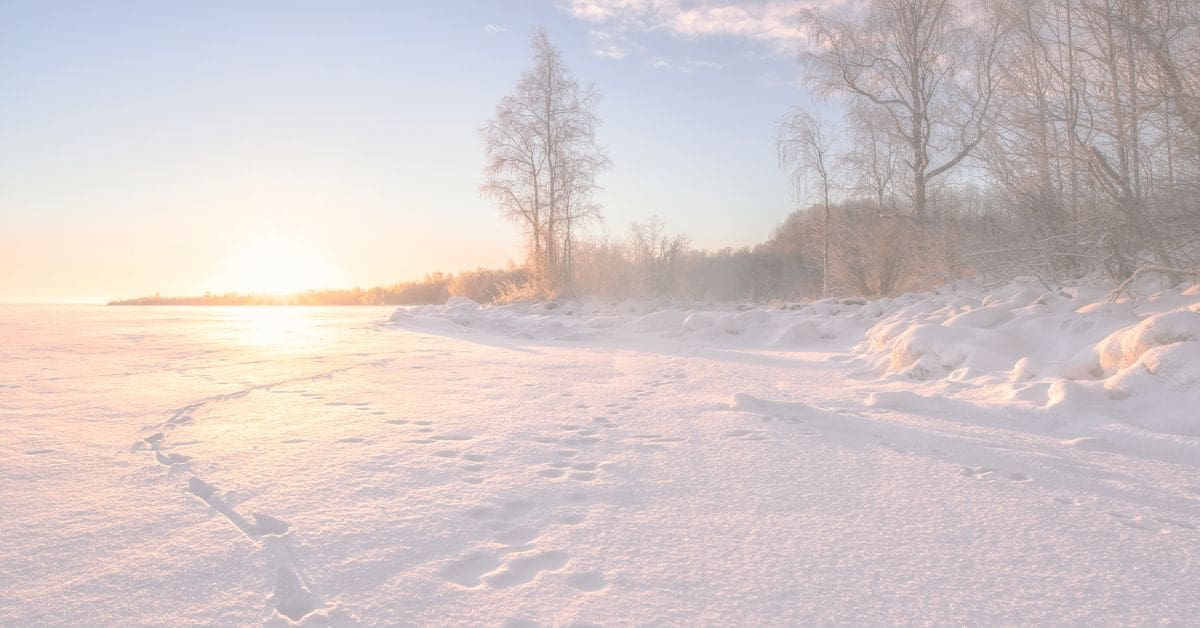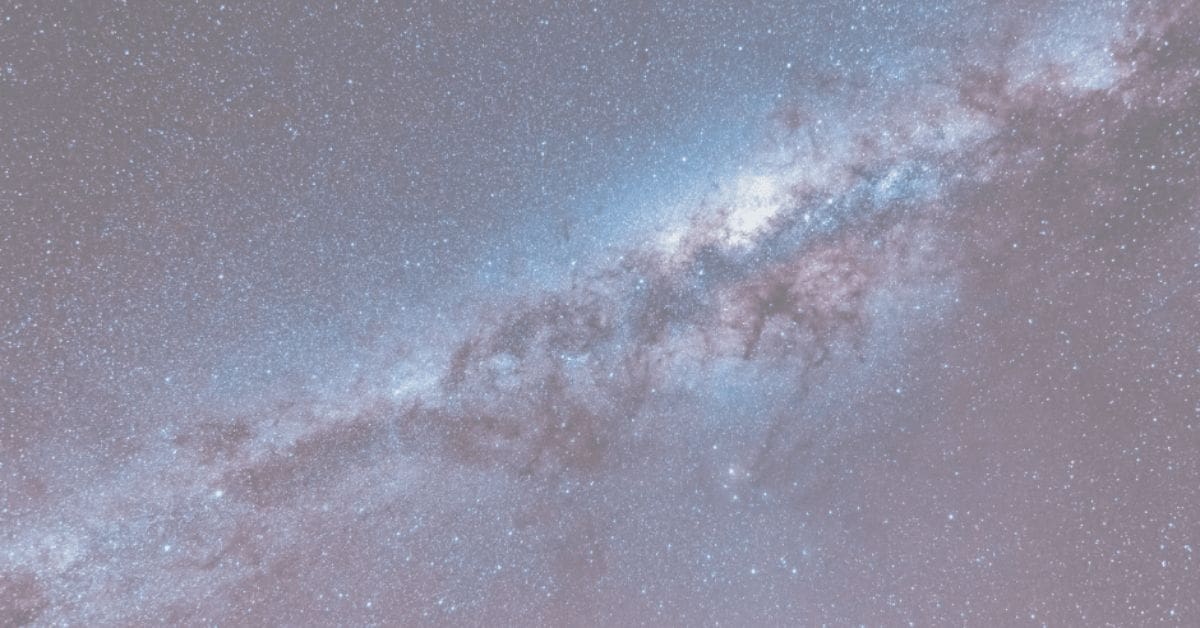Explore the outdoors through the lines and verse of nature poetry.
Self-seeding wind
is a wind of ever-replenishing breath.
–from “The Principle of Rapid Peering” — a nature poetry collection
In the tender pages of nature poetry, we often find solace and a renewed connection to the world around us. These outdoor poems invite us to pause and breathe, reflecting on the beauty that exists beyond our screens and schedules. This collection of nature poetry books from 2023 and 2024 does just that—reminding us to notice the ordinary wonders of the earth and share them through the extraordinary lens of verse.
From sweeping landscapes to intimate moments in wild gardens, these recent works capture the quiet majesty of nature with emotional depth and timeless themes. Each poem acts as a gentle guide, leading us through forests of thought and oceans of feeling, soothing our spirits with words that resonate like birdsong at dawn. Whether you’re a long-time lover of poetry or simply seeking a moment of peace, these books offer a calming refuge and a renewed sense of wonder.
NATIONAL BESTSELLER – From the former Poet Laureate of the United States and New York Times bestselling author of Aimless Love comes a wondrous new collection of poems focused on the joys and mysteries of daily life.
One of People‘s Best New Books
In this collection of sixty new poems, Billy Collins writes about the beauties and ironies of everyday experience. A poem is best, he feels, when it begins in clarity but ends with a whiff of mystery.
In Water, Water, Collins combines his vigilant attention and respect for the peripheral to create moments of delight. Common and uncommon events are in here with equal fascination, be it a cat leaning to drink from a swimming pool, a nurse calling a name in a waiting room, or an astronaut reciting Emily Dickinson from outer space.
With his trademark lyrical informality, Collins asks us to slow down and glimpse the elevated in the ordinary, the odd in the familiar. It’s no surprise that The New York Times and The Wall Street Journal both call Collins one of America’s favorite poets.
The Monet Conundrum
Is every one of these poems
different from the others
he asked himself,
as the rain quieted down,or are they all the same poem,
haystack after haystack
at different times of day,
different shadows and shades of hay?
In her debut poetry collection, Hayley gives voice to the roots of struggle and pain growing up, as well as the love and pursuit of self-acceptance that were fundamental in her own choice to live. Her verses weave a narrative that is both deeply personal and universally resonant-through shadows of the past and the fleeting moments of joy captured in the simplicity of sharing an orange.
“even when you think there’s nothing left
life gives us oranges
so go share one with your best friend
maybe they thought the world would end
when they were 16 too.”
— from save me an orange
Self-seeding wind
is a wind of ever-replenishing breath.
–from “The Walk, or The Principle of Rapid Peering”
The title of Sylvia Legris’ melopoeic collection The Principle of Rapid Peering comes from a phrase the nineteenth-century ornithologist and field biologist Joseph Grinnell used to describe the feeding behavior of certain birds. Rather than waiting passively for food to approach them, these birds live in a continuous mode of “rapid peering.” Legris explores this rich theme of active observation through a spray of poems that together form a kind of almanac or naturalist’s notebook in verse. Here is “where nature converges with words,” as the poet walks through prairie habitats near her home in Saskatchewan, through lawless chronologies and mellifluous strophes of strobili and solstice. Moths appear frequently, as do birds and plants and larvae, all meticulously observed and documented with an oblique sense of the pandemic marking the seasons.
Elements of weather, ornithology, entomology, and anatomy feed her condensed, inflective lines, making the heart bloom and the intellect dance.
Winner of the 2023 Pacific Northwest Book Award for poetryWinner of the Wren Poetry Prize selected by Ada Limón
Caitlin Scarano’s collection wrestles with family violence, escaping home, unraveling relationships, and the complexity of sexuality.
The Necessity of Wildfire begins, “To not harm / each other is not enough. I want to love you / so much that you have no before.” These poems chase a singular, thorny question: how does where and who we came from shape who and how we love? Judge Ada Limón says the resulting collection is “hungry, clear-eyed, tough, and generous.”
Scarano’s imagination is galvanized by the South where she grew up and by the Pacific Northwest where she now resides-floods and wildfires, the Salish Sea and the North Cascades, and the humans and animals whose lives intersect and collide there.
Flight Feathers is a collection steeped in remembrance. Avian flight feathers are anchored to bone with ligaments to offer courageous lift of wings. In a traumatic time of poly crisis and upheaval, Gwendolyn Morgan’s poetry illuminates natural landscapes, brings us to renewed hope. In a season of transition, we offer a place to honor our collective grief and gratitude.
An anthology of queer nature poetry spanning three centuries.
This anthology amplifies and centers LGBTQIA+ voices and perspectives in a collection of contemporary nature poetry. Showcasing over two hundred queer writers from the nineteenth to the twenty-first century, Queer Nature offers a new context for and expands upon the canon of nature poetry while also offering new lenses through which to view queerness and the natural world.
In the introduction, editor Michael Walsh writes that the anthology is “concern with poems that speak to and about nature as the term is applied in everyday language to queer and trans bodies and identities . . . Queer Nature remains interested in elements, flora, fauna, habitats, homes, and natural forces–literary aspects of the work that allow queer and trans people to speak within their specific cultural and literary histories of the abnormal, the animal, the elemental, and the unnatural.”
The anthology features poets including Elizabeth Bishop, Richard Blanco, Kay Ryan, Jericho Brown, Allen Ginsberg, Natalie Diaz, and June Jordan, as well as emerging voices such as Jari Bradley, Alicia Mountain, Eric Tran, and Jim Whiteside.
In her third book, Jana Prikryl probes the notion of midlife, when past and future blur in the equidistance. Balancing formal innovation with deeply personal reflection, Midwood subtly but impiously explores love and sex and marriage and motherhood in plain, urgent language. Written for the most part early every morning over the course of a year, in all its changing seasons, Midwood includes a series of poems looking at and talking to trees; Prikryl’s careful attention to the ordinary world outside the window forms an alternative measure of time that leafs and ramifies. With their rapid shifts of scale and unusual directness, these poems find a new language for confronting our moment.
NATIONAL BESTSELLER
A 2025 National Endowment for the Arts Big Reads Selection
A 2024 NPR “Books We Love” Selection
In recent years, our poetic landscape has evolved in profound and exciting ways. So has our planet. Edited and introduced by the twenty-fourth Poet Laureate of the United States, Ada Limón. This book challenges what we think we know about “nature poetry,”. It’s illuminating the myriad ways our landscapes-both literal and literary-are changing.
For more like nature poetry check out our new nature and outdoor category here at little infinite!

